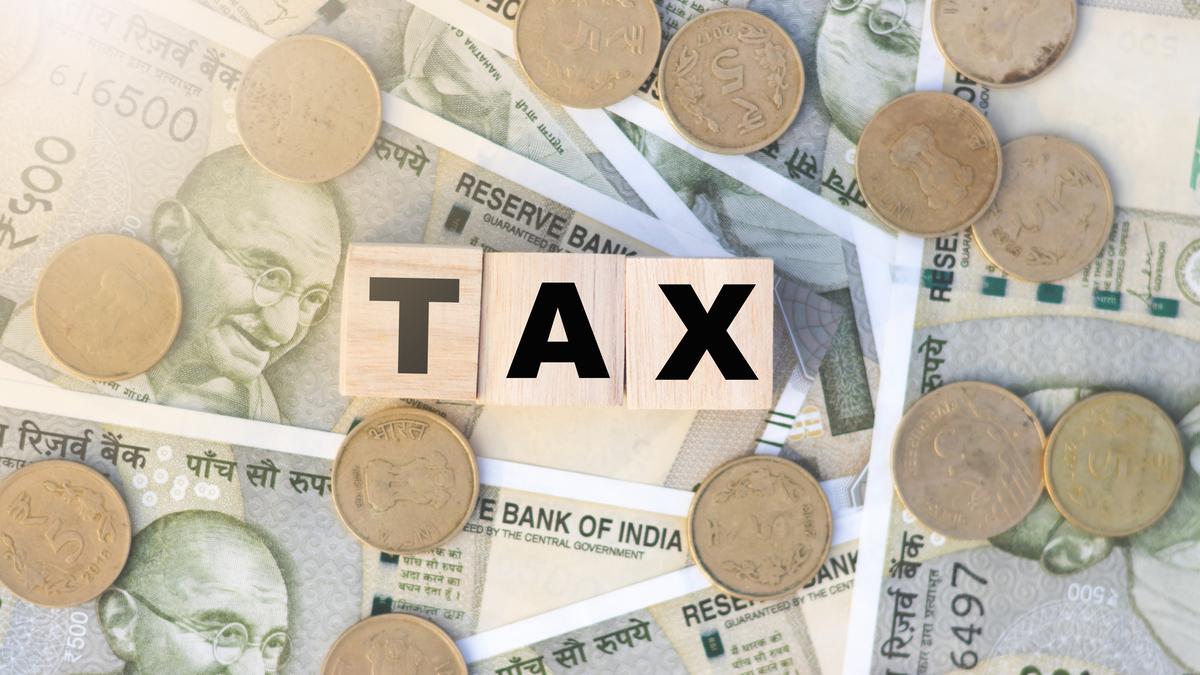Social security, including paid leave, occupational disease and work accident insurance are among the recommendations
Social security, including paid leave, occupational disease and work accident insurance are among the recommendations
The government’s policy think tank Niti Aayog has recommended that measures should be taken to provide for social security, including paid leave, occupational disease and work accident insurance, support during irregularity of work and pension plans, for the gig workforce in the country, which is expected to grow to 2.35 crore by 2029-30.
According to the study released by Niti Aayog on Monday, the number of workers engaged in the gig economy is estimated to be 77 lakh in 2020-21.
“India requires a framework that balances the flexibility offered by platforms while also ensuring social security of workers. The consequent platformization of work has given rise to a new classification of labour — platform labour — falling outside of the purview of the traditional dichotomy of formal and informal labour,” the study states.
It added that platform workers are termed as “independent contractors” and as a result, they cannot access many aspects of workplace protection, and entitlements.
The report broadly classifies gig workers — those engaged in livelihoods outside the traditional employer-employee arrangement — into platform and non-platform-based workers. While platform workers are those whose work is based on online software apps or digital platforms, non-platform gig workers are generally casual wage workers and own-account workers in the conventional sectors, working part-time or full time.
The report notes that at present, about 47% of gig work is in medium skilled jobs, about 22% in high skilled, and about 31% in low skilled jobs, and the trend shows the concentration of workers in medium skills is gradually declining and that of the low skilled and high skilled is increasing. “It may be expected that while the domination of medium skills would continue till 2030, gig work with other skills will emerge,” it said.
While in 2020-21, the gig workforce constituted 2.6% of the non-agricultural workforce or 1.5% of the total workforce in India, by 2029-30, gig workers are expected to form 6.7% of the non-agricultural workforce or 4.1% of the total livelihood workforce in India, the study added.
The think tank has also recommended introducing a ‘Platform India initiative’, on the lines of the ‘Startup India initiative’, built on the pillars of accelerating platformisation by simplification and handholding, funding support and incentives, skill development, and social financial inclusion. It has suggested that self-employed individuals engaged in the business of selling regional and rural cuisine, street food, etc., may also be linked to platforms so that they can sell their produce to wider markets in towns and cities.
“Access to institutional credit may be enhanced through financial products specifically designed for platform workers and those interested to set-up their own platforms. Venture capital funding, grants and loans from banks and other funding agencies should be provided to platform businesses of all sizes at the pre-revenue and early-revenue stages,” it has recommended.
Other recommendations include gender sensitisation and accessibility awareness programmes for workers and their families, extending social security for gig and platform workers in India, and conducting a comprehensive study on key aspects of the platform economy.





